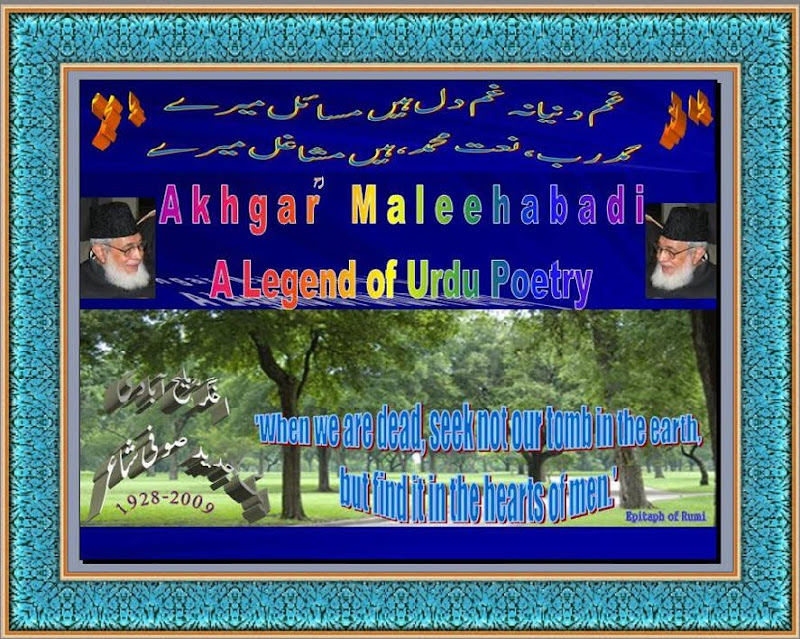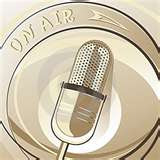KARACHI, May 15, 2008: Eminent critic, research scholar and former chairman of Karachi University’s Urdu department Prof Dr Syed Abul Khair Kashfi died on Thursday afternoon. He was 76.
His funeral prayer was offered at Karachi University’s mosque and he was buried in the varsity’s graveyard.
Kashfi was admitted to hospital on Sunday, but the following day he had to be shifted to the intensive care unit when he lost consciousness. Born in 1932 into a family that had a tradition of scholarship and literary tastes, Kashfi had a chance early in his life to meet the subcontinent’s renowned scholars, intellectuals and writers who used to visit Kashfi’s father, Saqib Kanpuri, an eminent poet of his time.
Having migrated to Pakistan after independence, Kashfi did his BA (Honours) from Sindh University and masters and doctorate from the University of Karachi. He joined Karachi’s Islamia College and Urdu College before joining his alma mater in 1959.
Later, he obtained degrees in linguistics and ESL (English as a Second Language) from Columbia University. Kashfi had vast experience of teaching Urdu at higher level, including at Osaka University for about three years.
Known for his extensive reading and sharp wit, Kashfi was considered an intelligent and erudite critic and held in high esteem among scholars and critics, especially for his doctoral thesis that explored political and historical background of classical Urdu poetry.
His books that made ripples in the literary circles include ‘Jadeed Adab Ke Do Tanqeedi Jaeze’ and ‘Hamare Ahad Ka Adab Aur Adeeb’.
Kashfi won many awards for his literary pursuits, including Dawood Literary Award and National Seerat Award.
Despite having retired from Karachi University in 1992, Kashfi pursued his literary interests actively and recently published two books on criticism and education. He was also supervising research projects and many students used to benefit from his vast knowledge and insight.
His funeral was attended by a large number of his colleagues, admirers, friends and the university staff.
His funeral prayer was offered at Karachi University’s mosque and he was buried in the varsity’s graveyard.
Kashfi was admitted to hospital on Sunday, but the following day he had to be shifted to the intensive care unit when he lost consciousness. Born in 1932 into a family that had a tradition of scholarship and literary tastes, Kashfi had a chance early in his life to meet the subcontinent’s renowned scholars, intellectuals and writers who used to visit Kashfi’s father, Saqib Kanpuri, an eminent poet of his time.
Having migrated to Pakistan after independence, Kashfi did his BA (Honours) from Sindh University and masters and doctorate from the University of Karachi. He joined Karachi’s Islamia College and Urdu College before joining his alma mater in 1959.
Later, he obtained degrees in linguistics and ESL (English as a Second Language) from Columbia University. Kashfi had vast experience of teaching Urdu at higher level, including at Osaka University for about three years.
Known for his extensive reading and sharp wit, Kashfi was considered an intelligent and erudite critic and held in high esteem among scholars and critics, especially for his doctoral thesis that explored political and historical background of classical Urdu poetry.
His books that made ripples in the literary circles include ‘Jadeed Adab Ke Do Tanqeedi Jaeze’ and ‘Hamare Ahad Ka Adab Aur Adeeb’.
Kashfi won many awards for his literary pursuits, including Dawood Literary Award and National Seerat Award.
Despite having retired from Karachi University in 1992, Kashfi pursued his literary interests actively and recently published two books on criticism and education. He was also supervising research projects and many students used to benefit from his vast knowledge and insight.
His funeral was attended by a large number of his colleagues, admirers, friends and the university staff.







No comments:
Post a Comment